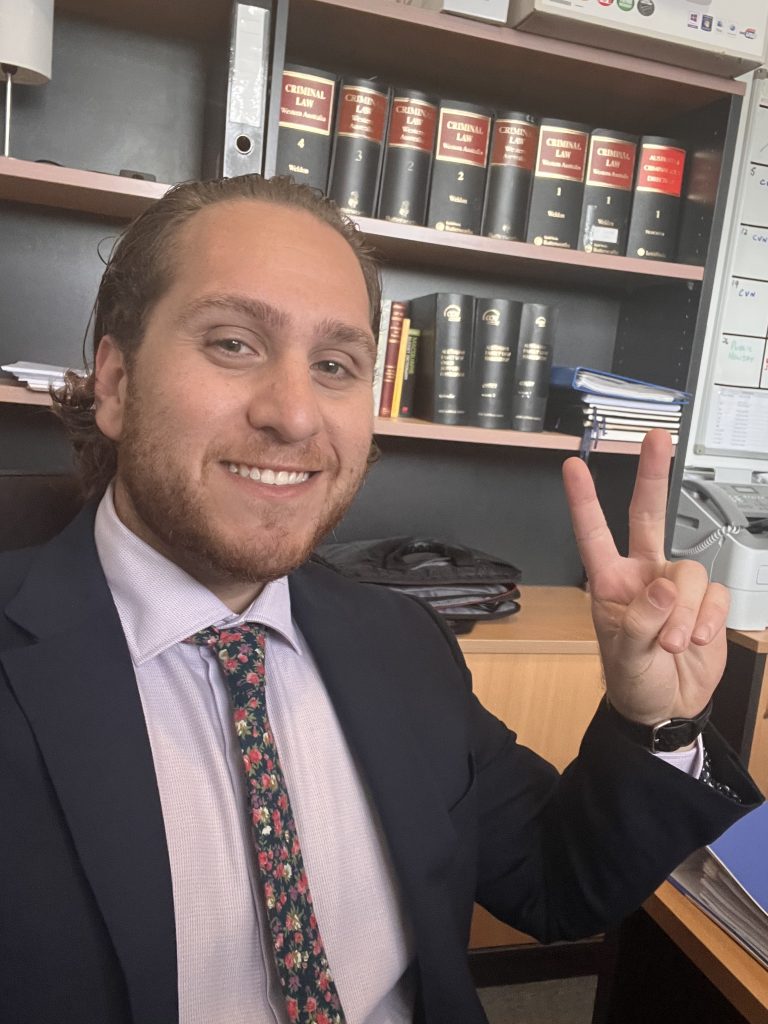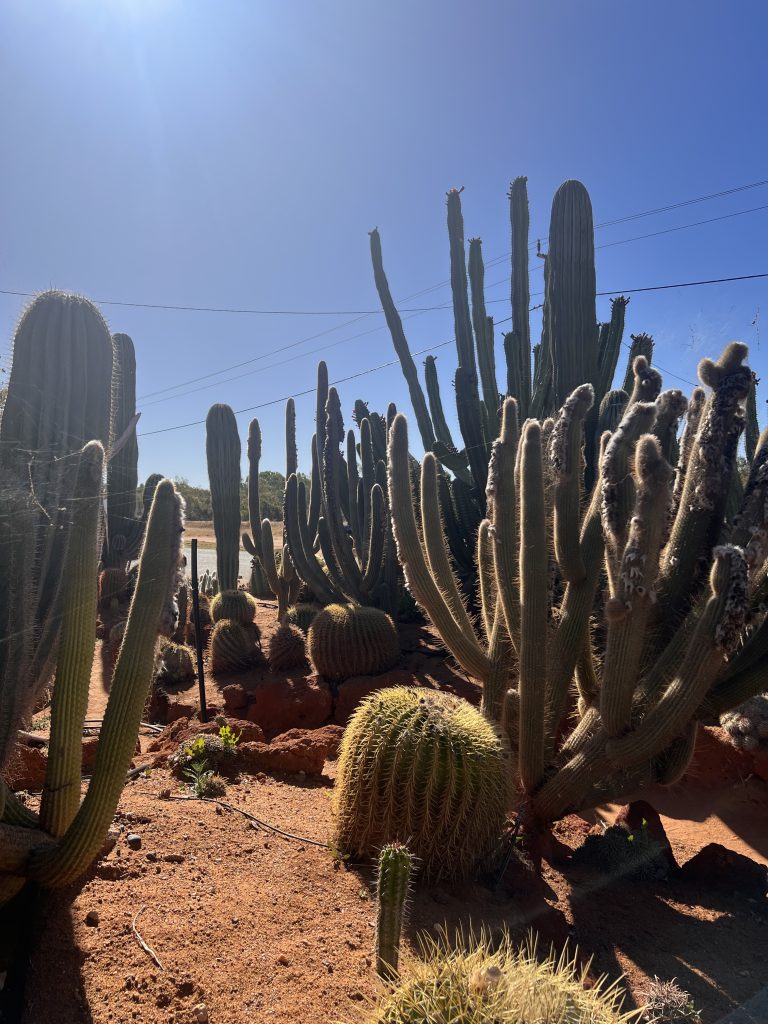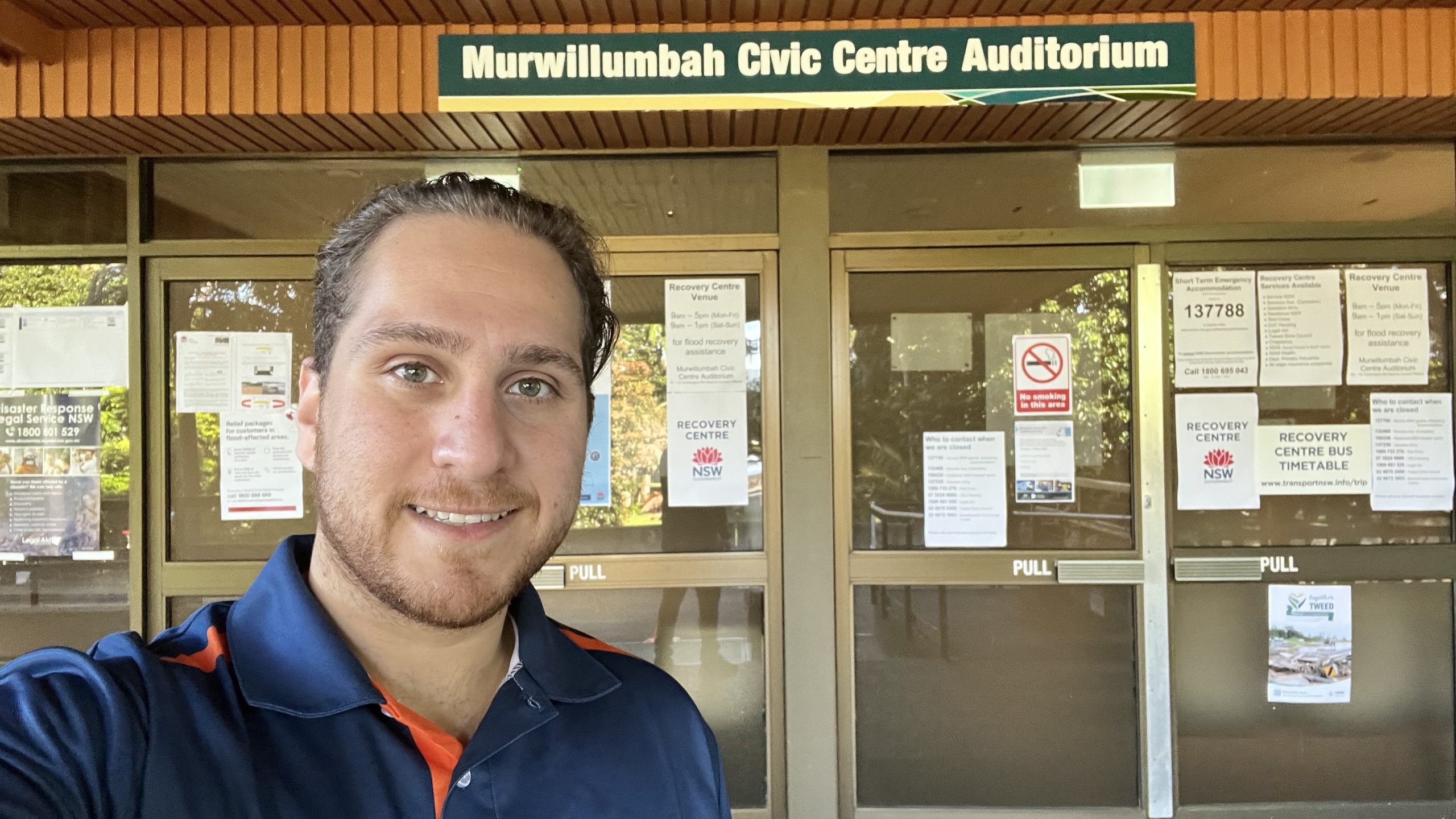By Eleni Patsalides & Chris Spyrou.
Crystal blue waters, a constant 28-degree heat radiating from the sun, emus walking the streets and swimming with turtles.
This is the picture 27-year-old lawyer Alex Mandis paints of Western Australia. It is a picture he says is starkly different to Sydney’s inner west where he lived up until August this year.
Whilst the scenery has changed, Alex’s dedication to working with and helping Aboriginal peoples navigate the criminal legal system has remained constant.
“At its core, my job is all about giving others an opportunity,” Alex tells The Greek Herald.
“A lot of the people I have worked with and work with have never had any real support in their lives.
“I think as a lawyer, you have to be passionate in trying to better people’s lives.”
Making the move from the Sydney suburb of Redfern to the rural town of Carnarvon in WA earlier this year has opened Alex’s eyes to the realities rural and Aboriginal communities face every day.
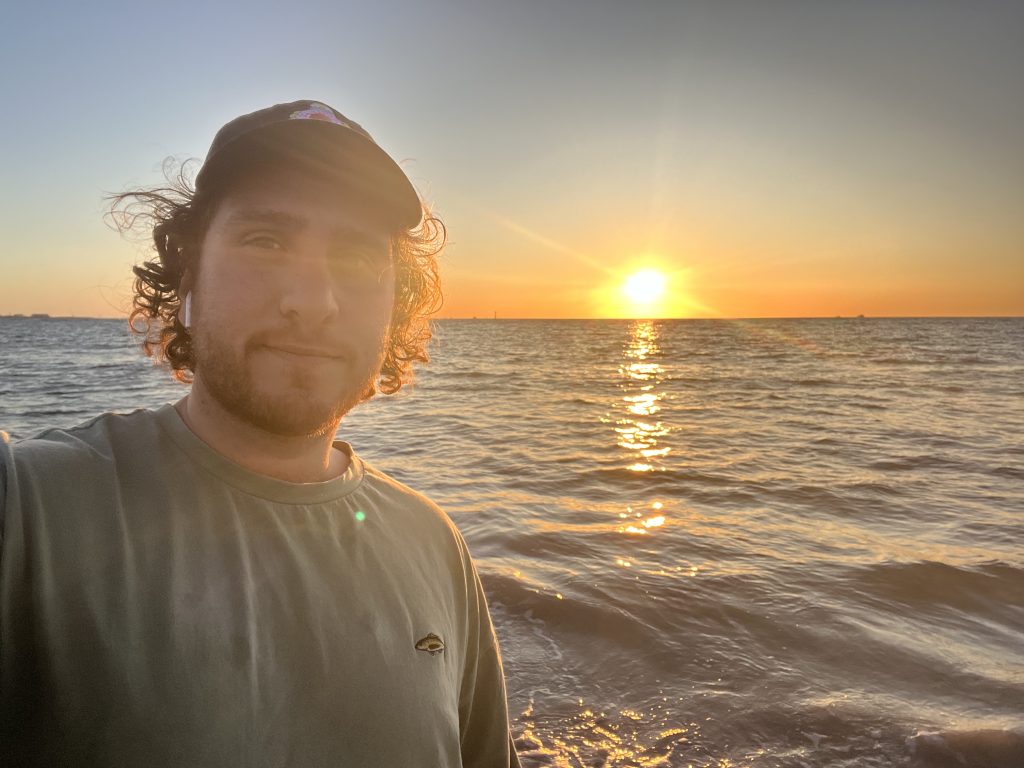
‘They’re kids’:
Alex currently works as a criminal lawyer with Aboriginal Legal Services (ALS) – Australia’s first Aboriginal legal service and the continent’s very first free legal assistance service.
When asked what aspects of his work he finds most confronting, Alex concedes that matters concerning domestic violence and sexual assault are on the list, but working with children rises to the top.
“Working with kids is definitely the most difficult part of the job. They’re kids. They’re pretty innocent,” Alex says.
Despite international pressure, a child as young as 10 can be imprisoned in Australia, being forced to serve their sentence in juvenile detention centres alongside other young offenders aged 10 through to 18.
Out of 132 total prisons in Australia, 17 are for children. WA, the largest state in the country, is home to one of them – Banksia Hill Juvenile Detention Centre.
Earlier this year, national coordinator of The National Suicide Prevention and Trauma Recovery Project (NSPTRP) Gerry Georgatos told TGH that 75% of the children detained in Banksia Hill are Indigenous.
He said the statistic was not dissimilar to a “reprehensible” national trend which sees Aboriginal and Torres Strait Islander people as the most imprisoned people, from a racialised lens, globally,
Despite accounting for around 2% of Australia’s population, Aboriginal people account for around 30% of those incarcerated in Australian jails.
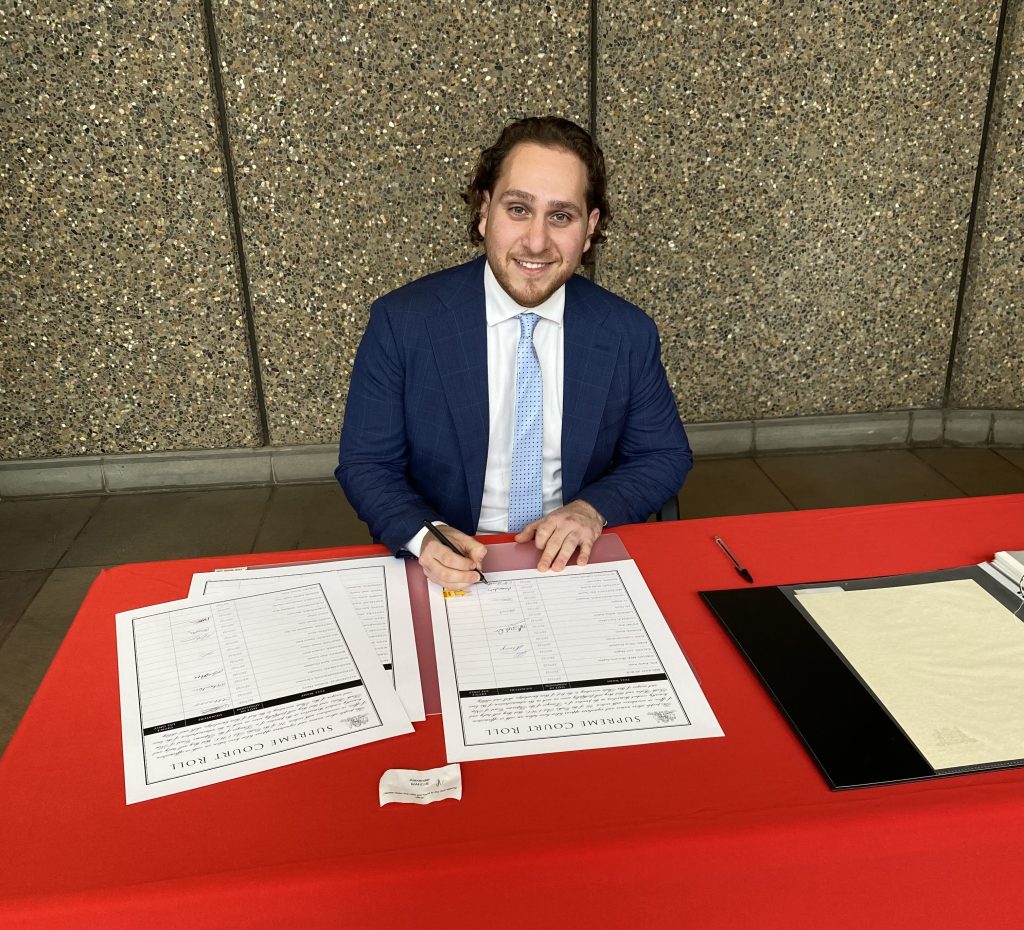
Specifically referring to the children in juvenile detention, and in particular Banksia Hill, Alex says: “These children are not evil villains and they’re definitely not mastermind criminals of the underworld.”
“A lot of them are influenced by their peers around them. It’s no different to many of us who look up to and model our behaviour on that of our older cousins, brothers or even aunties and uncles,” the Greek Australian adds.
“I’ve seen young kids through the court system, as young as ten, engaging in burglaries and pretty, pretty serious offences. But they don’t know anything else.”
“There are some kids who would rather be in prison than at home, so it’s really important to look into their home lives and discover ways to improve that.”
“You’ve got to be a little bit open minded and not try to boil people down to one action.”
Alex says one of the greatest challenges he faces in dealing with Aboriginal children as young as 10 years old, is to combat their distrust in the legal system. It is something, he says, which becomes most evident during client interviews where defence lawyers are typically viewed as ‘the other side’ as opposed to those capable of facilitating pathways to justice.
“It’s really hard to get information out of them because they’re nervous and that largely stems from their distrust in the justice system,” he explains.
“I think people forget that there is a lot of intergenerational trauma with Aboriginal clients. Some people argue that the Stolen Generation happened a long time ago, but we are talking about people in our grandparents’ generation.”
Alex says local efforts and the strong presence of Aboriginal elders helps these kids build ties with their community and culture to keep out of trouble.
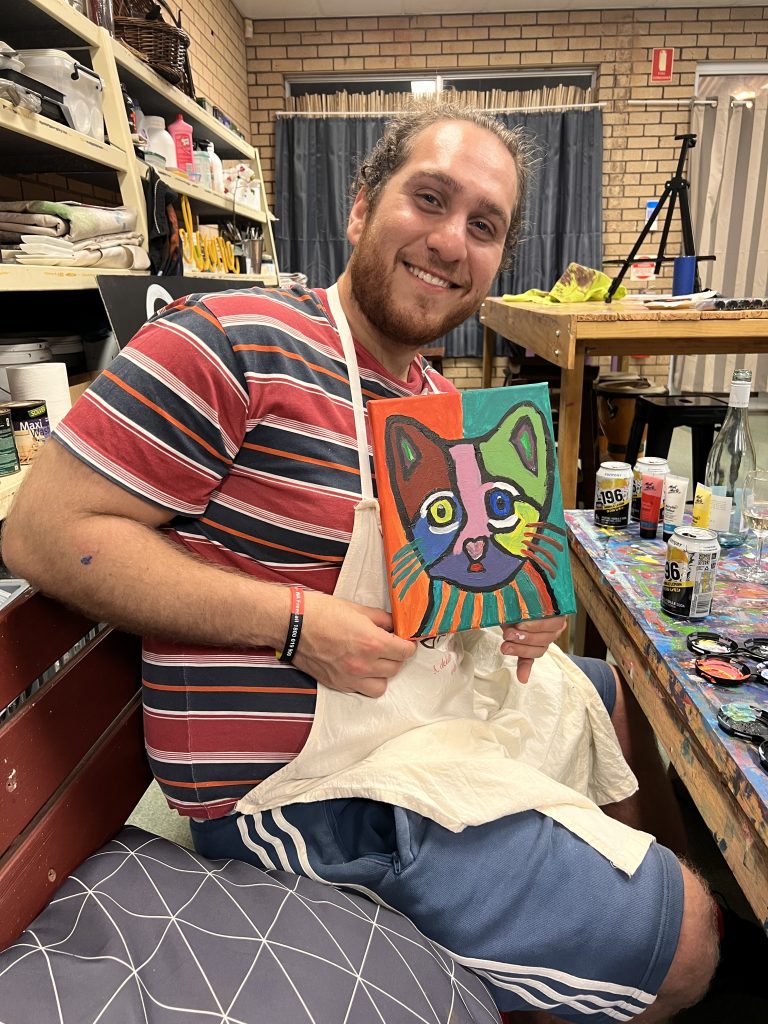
‘There’s actually a lot of cultural crossover with us’:
Making the move to such a rural part of Australia, one would assume it would be a huge culture shock for Alex, but he says that the Greek community has more in common with these rural, Indigenous communities than people think.
Alex says that even though cultural practices may differ, the importance of core values and ethics are something that should be focused on and instilled at a young age.
“I think the core messages and the core things that are in the Greek community – family, tradition, pride in culture, you know, language – is so reflective and I think it’s just a mirror in the Aboriginal communities,” Alex says.
“We’re all close with our yiayias and pappous, and in these houses a lot of grandparents raise the kids, their nephews and nieces in these houses.
“The incredible focus on culture in the Greek community is one that is celebrated throughout the year in various ways with Greek concerts and music, celebrations by our schools where we aim to carry our traditions and pass them on to the next generation.”
Alex says we should be encouraging the Aboriginal community to do the same.
“We get to go down to Sydney Harbour and we have our festivals and celebrations like the 25th of March, and we all love that, and we all think that’s great,” he concludes.
“Why shouldn’t we push the Aboriginal community to celebrate their community and culture as well?”
